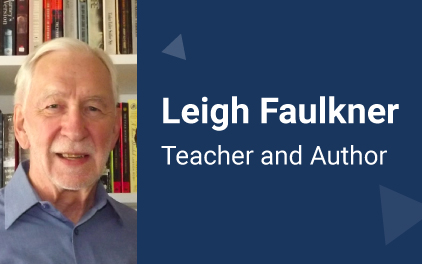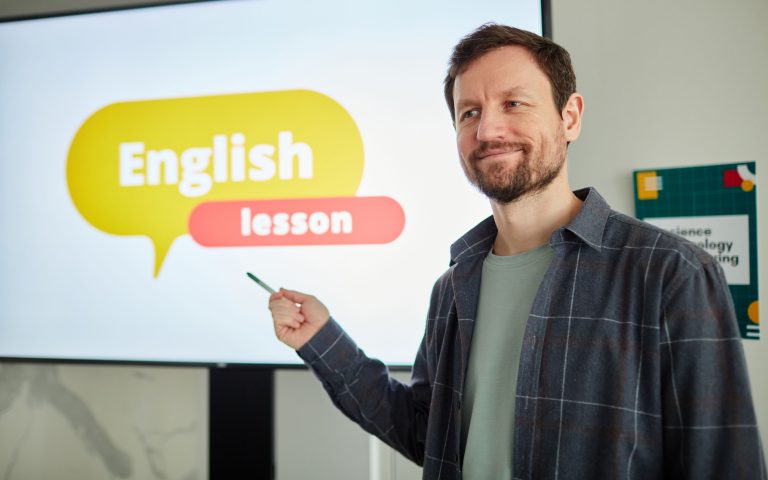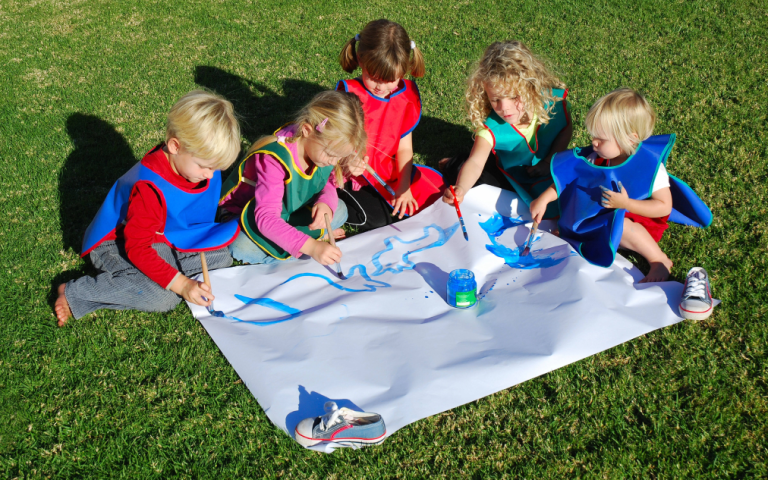As a learner, being in the classroom opens your world up to a world of knowledge, new ideas, information, and more. As a teacher, you carry the responsibility of sharing and shaping the minds of your students. The relationship between a student and their teacher sets the tone for improved engagement, achievement, and draws out their desire to learn. What better way to explore this relationship than by speaking to a member of this noble profession. This month, our Alison Publisher Spotlight is on accomplished teacher and author, Leigh Faulkner.
Please share with our learners a bit about your background.
I started my teaching career in my home province of Nova Scotia, Canada, when I was eighteen years old. Three years later I became a school principal. After twenty-seven years in public schools, I began university teaching – first in the University of British Columbia, in Vancouver, Canada, then as a volunteer English curriculum developer in the teachers college of Danang University, in Danang, Vietnam, and finally, until retirement, as a tenured professor in Ritsumeikan Asia Pacific University, in Beppu, Kyushu, Japan. Since my official retirement, I’ve developed and facilitated workplace education programs, carried out organizational training needs assessments, and tutored public school, university, and apprenticeship students. For the last few years, I’ve been developing online courses, like those here on Alison.
In terms of my own education, I have a BA, a BEd, an MA, and an EdD, along with workplace education certification.
How did you get into teaching, education, and training?
As a child I was fascinated with airplanes. Career wise, I hoped to go into the air force and become a pilot. However, circumstances changed that because I was colourblind – and colourblind people do not fly planes, at least in the Canadian military. So, I made a last minute decision to attend the Normal College one-year program. In retrospect, I think it was a good career choice.
You’ve been a self-publisher with Alison for several years. What do you enjoy most about publishing on this platform?
The business model is student-friendly. Students around the world who might not be able to pay for courses have access to a vast array of courses here on Alison. A second powerful recommendation for Alison, in my opinion, is the attention to quality. The Publishing Account Manager and the review team provide excellent guidance and support during the course development process.
What lessons or takeaways have you learned as a self-publisher on Alison?
Well, I always thought that I gave careful attention to each stage of the course development process, however, I’ve gained a new appreciation of the need to give extra careful attention to detail while creating courses. A simple example is the need to check carefully that audio and video are perfectly synced. I guess another takeaway is “Don’t make assumptions!”
How has being a self-publisher on Alison changed or impacted your life?
I’ve been a life-long teacher, and being a self-publisher on Alison has allowed me to continue teaching after my classroom career came to an end. I appreciate that.
How has the adjustment from face-to-face to remote video tutoring been for you?
I miss the face-to-face interaction, but, overall, the transition to remote video tutoring has been relatively easy. I enjoy technology, so crafting courses has been satisfying. In terms of one-to-one tutoring, I found that the wide range of online resources that the student and I could access enriched the tutoring experience.
How should learners approach remote video tutoring and learning?
That’s a difficult question, since people have developed a range of successful learning skills and may have to adjust them when taking online courses. Learning takes effort and time, so I think that learners need to be patient.
Learners need to consciously make connections between what they are learning and what they already know; in this way, they provide a foundation for the new learning.
Another thing to keep in mind is that no course contains everything there is to know about a topic, so the learner should be ready to consult other sources for additional information or different perspectives.
Who should take your courses?
Some of my courses are designed for students in high school or university. “Mastering the Academic Desk Research Paper” and “Deep Reading” are examples. “Facilitating Adult Learning Groups,” on the other hand, is for people, perhaps in business or in adult education, who want to understand more about the principles and processes of adult group facilitation, especially when the groups are noticeably diverse.
I would say that the course “Foundations of Effective Oral Communication” is for everyone from teen to adult. The course “Appreciating Metaphor” is intended for anyone who wants to explore the English language in a way and to a depth that perhaps they’ve never undertaken before.
Why should people be invested in continuing/furthering their studies?
I have a tagline on my personal website. It says, “Education changes everything.” I believe that’s true. I think that people can keep learning and growing and building a better future for themselves. I think there is an element of the unexpected, too, since we never know when a simple experience we’ve had or something we’ve learned will become important in defining the next life choice or career choice.
What’s the importance of studying your courses for those who aren’t pursuing careers in academia?
I like to think that all my courses are for those who are “pursuing a career in life.” That may sound flippant, but I don’t mean it to be. I have a firm belief that everything we learn, no matter how seemingly insignificant, has a place in helping to determine who we are and what our capacities are and what we can accomplish in life.
What feedback have you received from learners about your course?
I would welcome feedback, but I am still waiting!
For individuals interested in taking one of your courses, what can they expect to get from it?
In the course “Mastering the Academic Desk Research Paper,” for example, I map out in detail the processes involved, from assignment analysis, through development of a research question or thesis statement, information gathering and analysis, paper organization, the qualities of effective writing, editing and revision, and, finally, submission.
What words of advice would you give someone who would like to become a publisher on Alison?
I would say:
- Take stock of what you know well and what you have an interest in.
- Be prepared to carry out research to support—or correct—your ideas and to expand on them.
- Pay close attention to how you organize the information; there needs to be logic to the course development.
- Welcome feedback; your PAM and review team are tremendous supporters.
How does workplace training assessment affect employees and teams?
As a workplace educator, I’ve performed many organizational needs assessments (ONAs). These are designed to identify what skills workers have and where the skills gaps are. Central to the process is the awareness that effective teams are crucial to the success of an organization. As a result, whenever I write an ONA report, I always frame it in terms of individual and team development.
By the way, most of the courses I’ve recommended in the ONA reports are forty-hour courses spread over several weeks, with adequate time for participants to absorb the ideas and apply them.
What has been your most important lesson or discovery when it comes to education programmes?
There are so many, but one I haven’t mentioned yet is the value I place on the knowledge and skills that participants bring to the programs. I think that participants, themselves, especially within a cooperative or collaborative structure, are the single most important resource for program success.
Students learn from their teachers/tutors. Any lessons you have learned from your students?
There have been many lessons, and one of the most important is that I don’t know everything. Maybe when I started teaching, I thought that the teacher’s role was to be the source and dispenser of all knowledge, but not anymore. I think I learn something from each and every learner I work with. I’ve especially learned that humility isn’t a bad quality for an educator.
What else can Alison and its learners look forward to from you in the coming year to two?
Currently, I’m working on a course on academic learning resources. Among other things, I taught study skills at university. I came to the conclusion that many of the resources that can enrich the academic experience go underutilized. On the reverse side, I noted that students who took advantage of learning resources were more well-rounded learners. In other words, the additional effort needed to use available learning resources paid rich dividends. I want to capture this in the course.
Any last words, advice, or wisdom you’d like to share with our learners?
Be hungry! Learn everything you can. Enjoy the learning journey! And, above all, value yourself as a learner!
Our Alison Publisher Spotlight on Leigh Faulkner shows us that teachers too are lifelong learners. To this we say, “Never stop learning, because life never stops teaching.”








